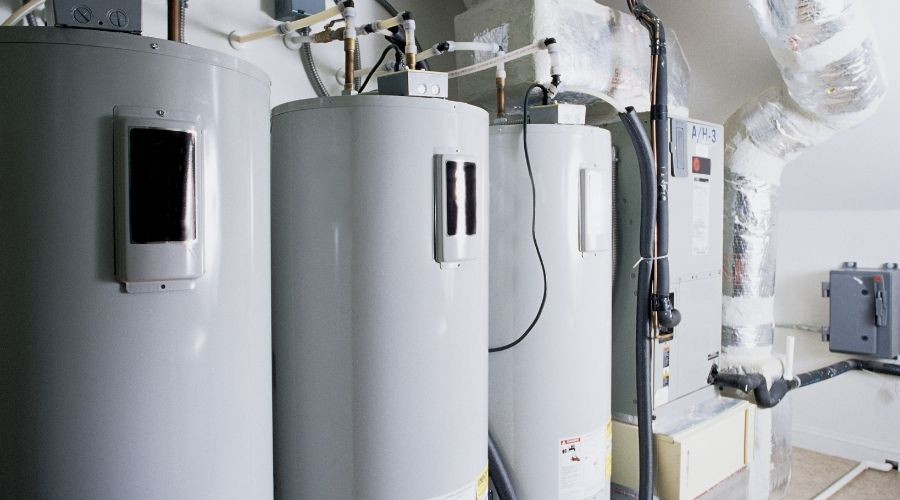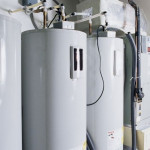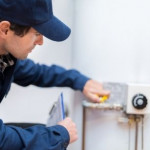Three Things You Probably Didn’t Know About Boilers
Boilers are perhaps the least well-known and most misunderstood heating system. Between the pressure dials, temperature gauges, and networks of pipes (not to mention all the mysterious noises they make), homeowners can often view them as scary and unapproachable. But they are a terrific option for staying warm in the colder months and well worth getting to know better. So keep reading to discover three things most people don’t know about their boilers.
Despite the Name, Boilers Don’t Necessarily Boil Water

Boilers have been around for a long time - even as far back as the late 17th century. Until the mid-20th century, boilers boiled water to create steam, then piped to radiators to provide radiant heat. Due to safety concerns and inefficiency, this type of boiler has effectively been scrapped.
Instead, today’s boilers utilize electricity or natural gas to heat water via a heat exchanger, but not to the point that it boils. Before piping it throughout the home, most boilers heat water to about 63-88 degrees Celsius, or 145-190 degrees Fahrenheit. It makes modern boilers not only safer but also more efficient.
Boilers Are Among the Most Eco-Friendly Heating Systems
 Modern boilers have some advantages over other forms of central heating efficiency. Since hot water is pumped to radiators, baseboard heaters, or floor heaters in a closed loop of pipework, they continually recycle the same water. This design also means less heat energy is lost in transit than forced-air heating systems that rely on ductwork.
Modern boilers have some advantages over other forms of central heating efficiency. Since hot water is pumped to radiators, baseboard heaters, or floor heaters in a closed loop of pipework, they continually recycle the same water. This design also means less heat energy is lost in transit than forced-air heating systems that rely on ductwork.
Gas boilers tend to be cheaper to operate than electric boilers, thanks to the lower price of gas. Still, electric models can be superior in overall carbon emissions, depending on how the local energy grid generates its power (i.e., fossil fuels vs. renewable energy sources). Manufacturers continue to make more and more energy-efficient boilers that far surpass the energy savings of older models so that a new boiler installation may be worth it for those with outdated units.
Water Pressure Can Impact a Boiler’s Efficiency
Since a boiler system features a closed-loop of pipes and radiators, it relies on correct water pressure to function correctly. If the pressure in the system is too low, typically the result of a leak, the boiler will struggle to circulate heat to the home’s radiators. Eventually, the boiler will automatically shut off to prevent overheating. If the water pressure is too high, an emergency relief valve will open to reduce stress, but persistent high pressure can damage the boiler and lead to breakdowns.
Routine boiler maintenance goes a long way toward preventing water pressure issues, but they can still occur, especially if the unit is older. If homeowners are noticing boiler pressure issues or the boiler isn’t providing heat as well as it used to, they would do well to contact a boiler service company to find the problem.
About Lambert Plumbing & Heating, LTD
Lambert Plumbing & Heating has been proudly serving the Vancouver community since 1977. As a BBB A+ Rated business, they always provide up-front pricing, prompt arrival, outstanding service, and a 100% satisfaction guarantee. Their trustworthy experts are standing by 24/7, so call Lambert any time for boiler repair and installation in Vancouver, BC!






















